In some states, people spend over $100 every month on their gym memberships, but we don’t blame you if working out at a gym doesn’t strike your fancy. You may not even need to if the current state of your health is good enough.
Sometimes, we see a person and instantly think of them as looking either sick or healthy. But what about consistent health measurements? We encourage you to find out how healthy you really are.
The state of your hair and nails

To start off, look at the state of your hair and nails. Things you need to look out for with your hair are:
- Split ends
- Dullness
- Dry scalp
- Brittle hairs
If you don’t notice any of these issues, then we are happy to announce that your health checkup is going well. For nails you need to eliminate:
- Being brittle
- Flaking
- Strong dry nails that break off easily (lack of water intake)
Any of the above might be a sign that your body is struggling, so it’s better not to ignore these signs.
The eyes say it all.

An easy way to see if you have any liver or kidney problems, along with vessel diseases, is to take a look at the whites of your eyes. They should be:
- Bright white or an eggshell color
- If you can see the vessels in the eyes, they should be hardly noticeable.
- No redness or dryness
This initial review might seem to have nothing to do with your health, but in fact, it does, and quite a lot. Your overall health condition is comprised of many factors and the combination of several of the issues mentioned above may cause you to have trouble keeping yourself fit and strong. Don’t underestimate them.
BMI
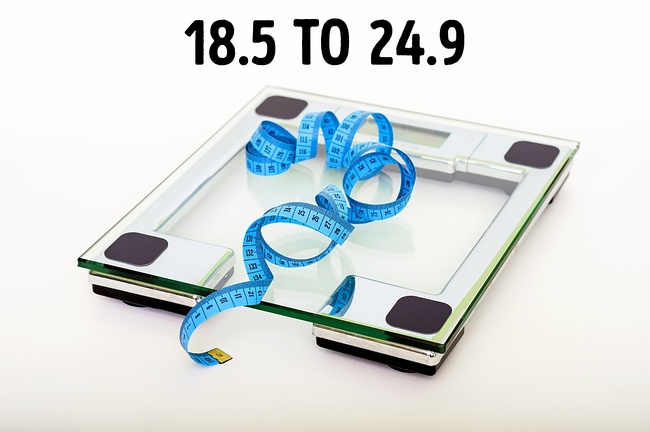
Let’s get to the overall state of your body — your weight and height. According to data from the National Health and Nutrition Examination Survey, 1 in 3 adults can be considered to be overweight. Obesity leads to severe damage to your body, including but not limited to: vessel diseases, heart attacks, and diabetes. One of the measurements you need to know to figure out if you’re at a healthy weight is Body Mass Index. To calculate it, you need to take your weight (lb) and divide it by your height² (in²) × 703 and see if the result falls between 18.5 and 24.9 — anything under it would mean that you’re underweight and any number over this would mean that you’re overweight.
Muscle definition and symmetry
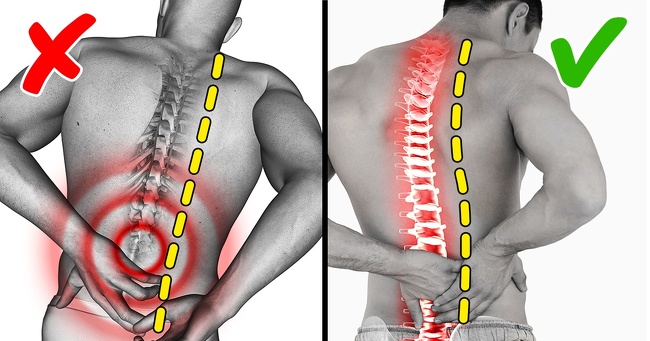
Weight can be dispersed very differently in different people, so let’s take a look at your body symmetry. Off the bat, a balanced body functions better. It’s not only about the body looking “pretty”, symmetry also shows that all parts of the body are developed in a healthy and balanced manner. If it’s not symmetric, it could indicate problems with muscle function and can further worsen the impact on your bones and spine.
Going to the toilet
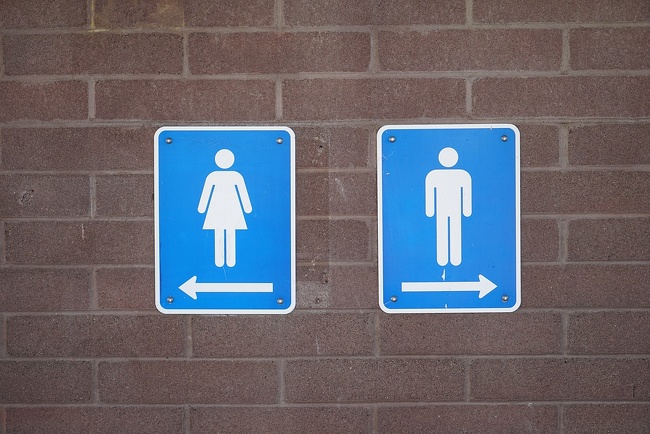
Sometimes, weight issues are caused by a slow metabolism or irregular functioning of the bowels. Now that we’ve taken a look at the outside of our bodies, let’s take a look at what’s going on inside.
The first thing to check to figure out the health of your gut is to check your toilet regimen. Be sure to check:
- That you do not have loose poop
- That you go to the toilet at least several times a day
- The color of your urine is light yellow (if it’s darker it could indicate a variety of problems with your health.)
If you notice any of the issues mentioned above, they could be signs of serious conditions such as kidney or bowel diseases, so it’s necessary to pay attention to such signs.
Sleeping patterns

Sleeping is the time when your body gets the most rest. So it has to be really healthy for your body to relax properly. Your sleep is healthy if:
- You fall asleep in under 20 minutes.
- You sleep at least 6 hours and less than 10 hours
- You do not wake up often in the middle of the night.
- Your bed/mattress provides your muscles the opportunity to rest.
- You are energetic during the day.
Healthy sleep is absolutely essential to your well-being. If you don’t get enough rest, your metabolism goes astray. Sleep affects every aspect of your everyday life in more ways than one, so sleep tight!
Fitness level
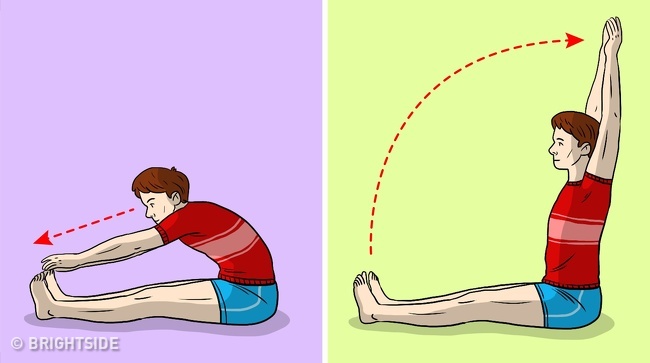
When you’re sure you’re getting enough energy through the night, let’s try and check if you can use it right. Remember those days in the school gym when we had to do a certain amount of exercise to demonstrate our health — this is exactly what you should do as an adult, as well. A healthy adult is able to do the following:
- At least 150 minutes of moderate activity
- Aerobics for at least 10 minutes without getting tired
- 10 push-ups without stopping
- Sprint for 60 seconds without stopping
- 10 burpees without stopping
Note: This is for people under the age of 50.
If you don’t have the time or desire to do all of the above, there’s a much simpler test to check your overall mobility and flexibility. Sit down with your back straight, legs, and feet together and in front of you, and raise your arms above your head. Bend over, keeping your arms stretched forward. If you can reach your toes easily, then you’re flexible enough and are generally in good shape. If not, you probably have some hamstring or lower-back mobility issues and need to dedicate more time to stretching and exercising.
Smelly business
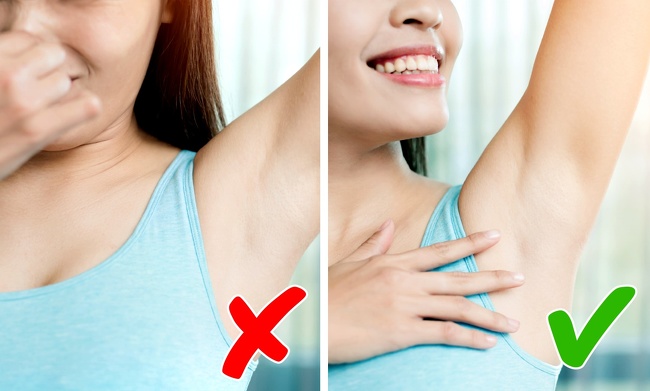
A pleasant body odor is how you can figure out if the body is healthy. It’s not right if your body smells bitter or sour — in some cases, it may even resemble the smell of rotten eggs. Also, be sure not to mix up these smells with your natural body odor — if you sweat during a workout and your sweat smells, then that’s perfectly normal.
Energy levels
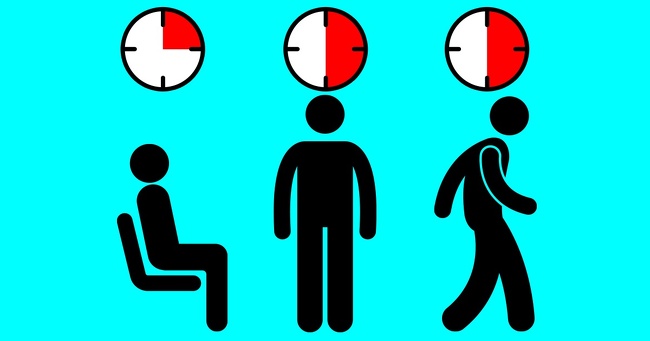
As we’ve mentioned before, energy levels do depend on your sleep, but also on whether or not you feel exhausted performing simple tasks like:
- Basic exercises
- 8 hours of desk work
- Playing sports
It could indicate low levels of iron, an unbalanced diet, and even depression.
Good blood circulation
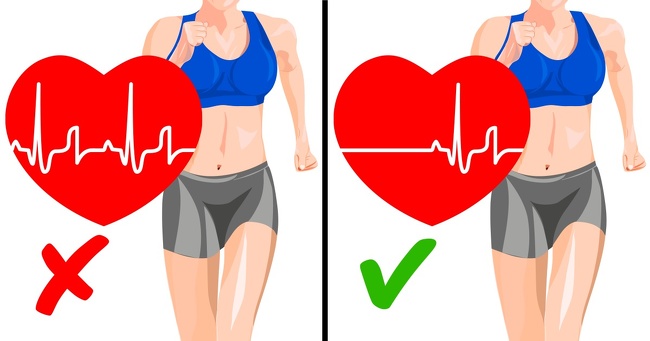
If you have any trouble with anything mentioned above, there may be a bigger health issue you need to address. Blood circulation is essential for good health — it delivers white blood cells to areas with viruses and where healing help is needed, it delivers oxygen to your brain, and it is necessary for a healthy heart and vessels. You should be alarmed if you often experience headaches, numbness, or muscle cramps.
Bonus: Emotional checkup

Another important indication of the state of your health is your ability to deal with strong emotions and your general outlook on life. Struggling with your emotions can indicate psychological disorders such as neurosis or depression.











